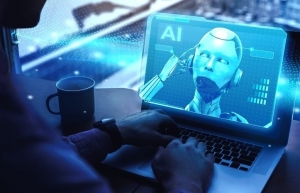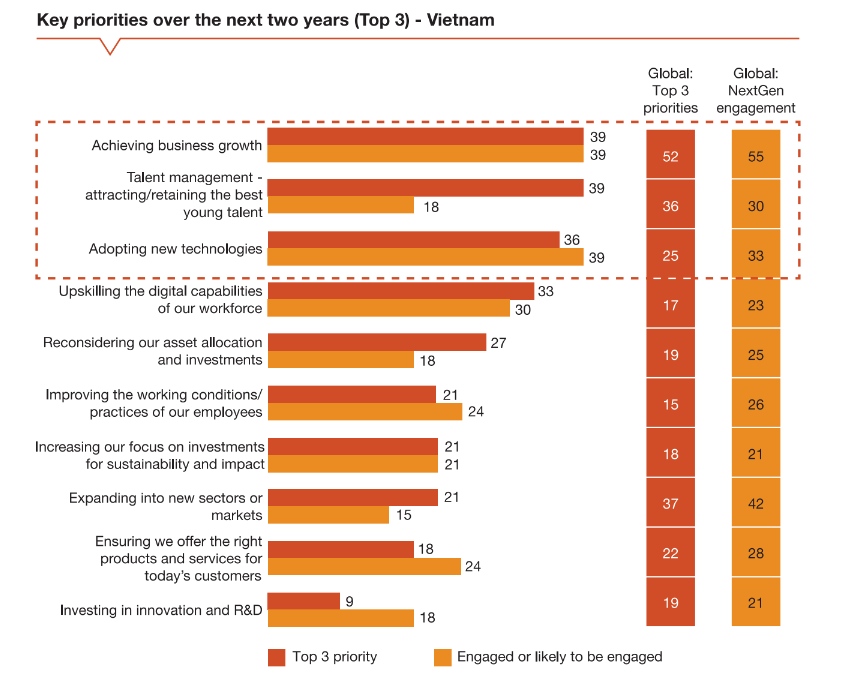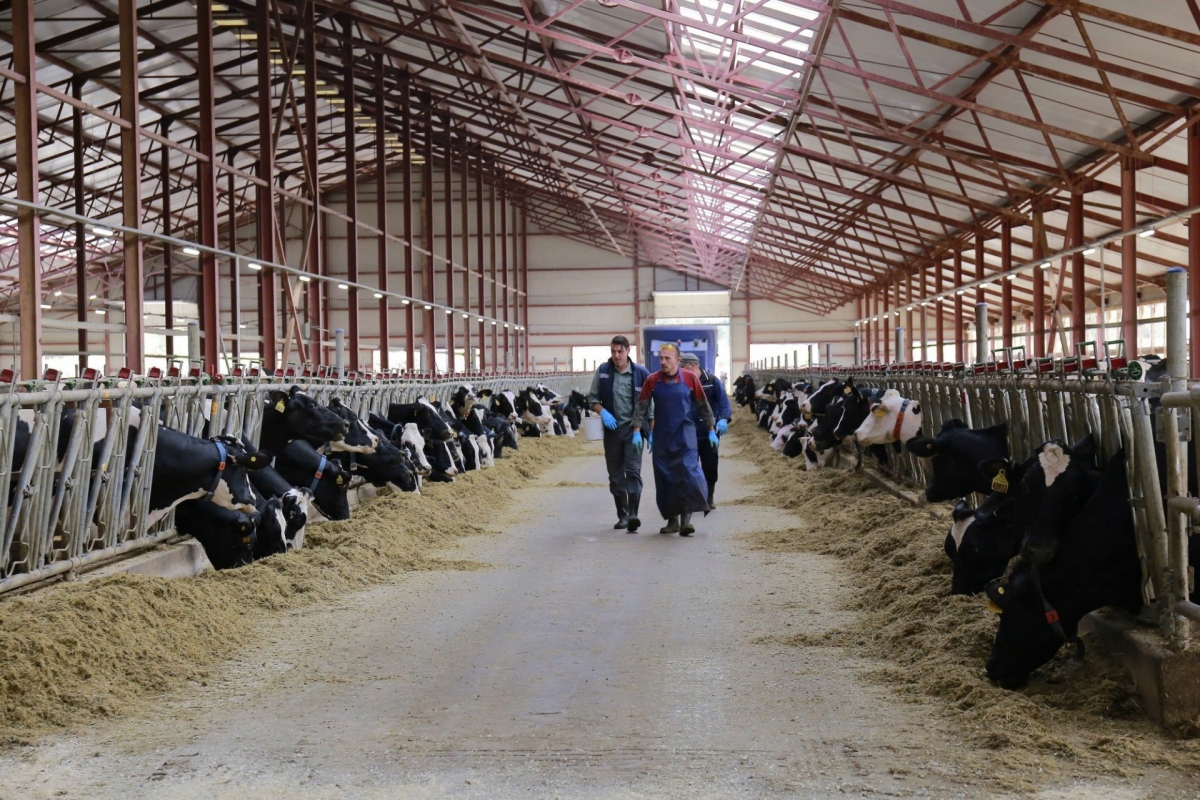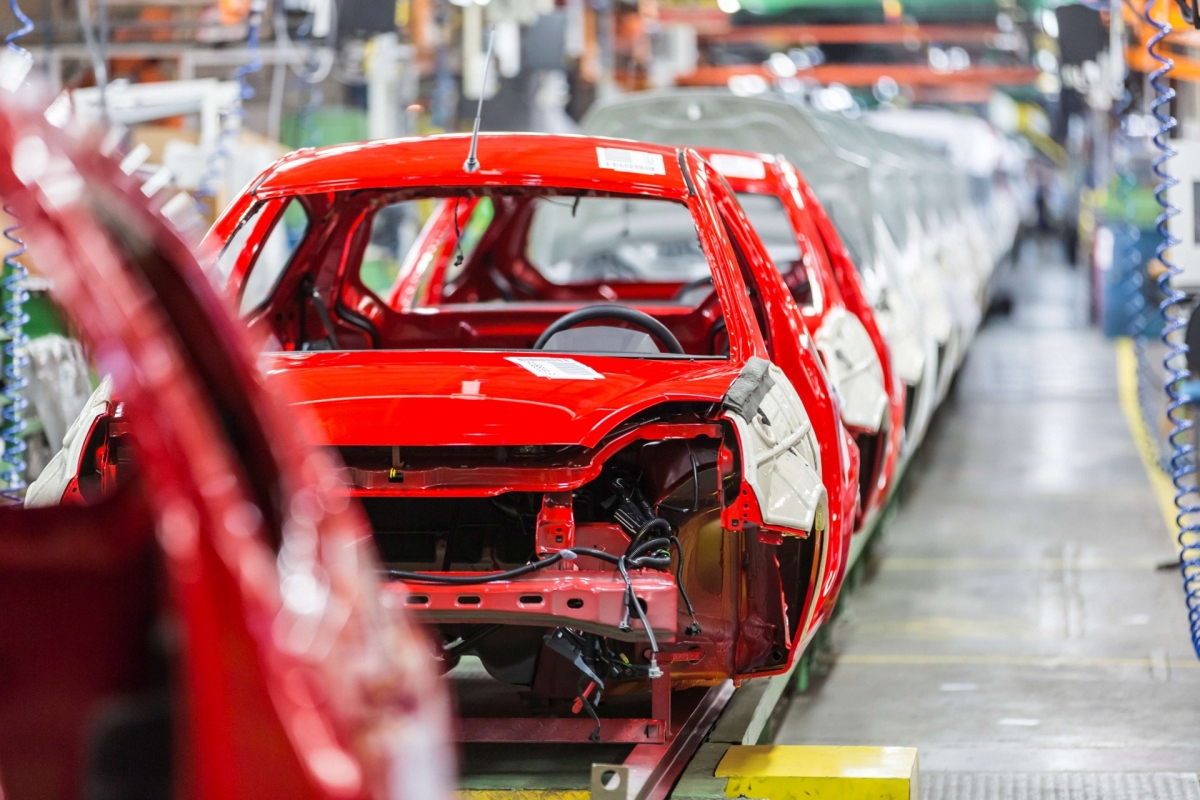INTERNATIONAL INVESTMENT
AND PORTAL
 Sylvester Kinuthia, head of Transaction Banking, Standard Chartered Bank Vietnam. Photo: Standard Chartered
Sylvester Kinuthia, head of Transaction Banking, Standard Chartered Bank Vietnam. Photo: Standard Chartered
As the adoption of AI accelerates across industries, businesses must carefully balance innovation with responsibility.
For organisations, AI presents both opportunities and challenges, especially when it comes to governance, ethics, and long-term strategy.
Companies that navigate this landscape effectively are those that integrate AI into their operations while adhering to principles of responsible use and data ethics.
At Standard Chartered, we've established Responsible AI Standards and formed an AI Council dedicated to evaluating, approving, and when necessary, rejecting AI use cases.
Our approach is grounded in the belief that agility must not come at the cost of accountability or governance. This means regularly revisiting and updating our processes to stay aligned with evolving technology, while ensuring that AI implementation is both effective and ethical.
The role of AI in enhancing human potentialThe idea that AI will replace humans is a common concern, but it's not reflective of the full picture. AI should be seen as an intelligent assistant, not a replacement for human capabilities.
By automating repetitive tasks, employees are allowed to focus on high-value activities such as decision-making, client interactions, and risk management.
However, for AI to effectively complement human efforts, organisations need to prioritise the quality of their data, the accuracy of their models, and the mitigation of potential biases.
For instance, take the example of an e-commerce platform that relies on AI to recommend products. If the data fed into the system is incomplete or flawed, the recommendations will likely miss the mark.
This underscores the importance of continuously refining input data and updating AI models, while also maintaining a level of human oversight to ensure AI outputs align with the business goals and ethical standards.
Building trust in AI-driven solutionsIn sectors like retail, where AI is increasingly relying upon for personalized customer experiences, the balance between innovation and trust is crucial.
As businesses deploy chatbots, facial recognition, and augmented reality, they must also ensure that customer data is handled with care.
Trust is built not only through the responsible use of AI but through transparent communication about how data is collected, used, and preserved.
At Standard Chartered, we go beyond just ensuring compliance with AI governance; we're focused on Responsible Innovation.
This extends to how we handle client and employee data, with data ethics being a central pillar of our approach.
Our five core data ethic principles are accountability, respect, fairness, transparency, and shared value, and they guide how we interact with data, ensuring that AI-driven initiatives strengthen trust with both customers and employees.
Responsible AI and cybersecurityAI integration into business processes is not without risks. New threats such as deepfakes and AI-enabled phishing attacks are becoming more prevalent, which is why companies need to bolster their defences against these next-generation cyber risks.
Responsible AI means not only using AI to enhance efficiency and customer engagement but also being aware of the potential vulnerabilities AI introduces.
For example, generative AI has introduced concerns around 'hallucinations', where AI misinterprets data or generates entirely fabricated but plausible content.
Companies must safeguard against these risks by employing strong data governance frameworks and incorporating human oversight in critical decision-making processes.
The path forward: AI and human collaborationThe future of AI is not one of humans versus machines, but rather of collaboration. AI can process vast amounts of data at speeds humans cannot match, but it is humans who interpret the insights, apply ethical considerations, and make final decisions.
This human-AI partnership also fosters continuous learning, as AI models improve based on human feedback over time.
To stay competitive and responsible, businesses must invest in both technology and their people. Upskilling and reskilling employees to work alongside AI is essential.
At Standard Chartered, we recognise that the key to AI success lies not only in cutting-edge technology, but also in a strong organisational culture that encourages ethical decision-making and continuous dialogue about the broader implications of AI.
With over 300 approved AI use cases, spanning customer engagement, risk assessment, and operational efficiency, we are building a future where AI complements human expertise, ensuring a client-centric and efficient operation.
The responsible integration of AI is a journey, and each use case is a stepping stone towards a more advanced and ethically sound future.
As AI becomes increasingly integrated into daily business operations, it's crucial that organisations maintain transparency, prioritise ethical standards, and continuously review the effectiveness of their AI strategies.
The path forward lies in embracing the potential of AI while ensuring its use is governed by strong ethical and governance frameworks.
Ultimately, responsible AI is about creating value, both for businesses and society, while maintaining the trust and confidence of those we serve.
 Influence of AI technology can reshape labor market
Influence of AI technology can reshape labor market
The employment market is anticipated to experience disruptions as AI technology becomes increasingly adopted by businesses for intelligent, sustainable management and operations.
 Next generation of Vietnamese sees AI as powerful business tool
Next generation of Vietnamese sees AI as powerful business tool
The next generation of Vietnamese business leaders (NextGen) see AI not merely as a technological innovation, but as a catalyst for redefining business operations, strategies and customer experience, according to a recent report.
 AI and data analytics shape the future of businesses
AI and data analytics shape the future of businesses
AI was first established in the 1950s without much traction, but the term truly burst onto the scene in 2022 due to the introduction of ChatGPT. AI and its potential were suddenly of great interest, especially in how it brings value to businesses and how it will change our lives. AI systems have the ability to teach themselves, organize, and interpret information, and make predictions based on the information. It is the hot topic of discourse globally, from conferences to coffee tables.


















